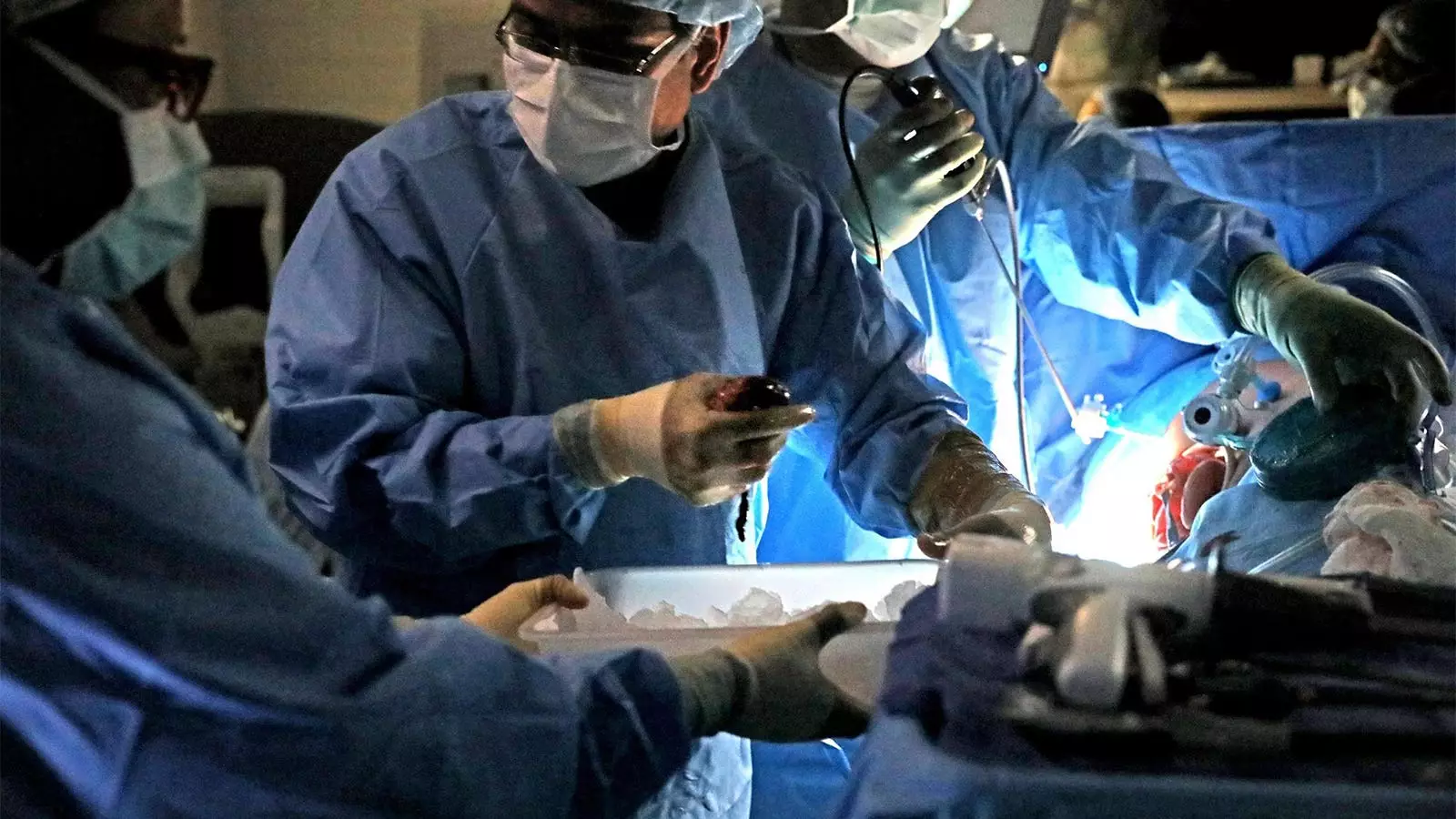Simon was taken aback when he finally met his best friend Andre after several months apart due to work commitments. The last time he had seen Andre, life was full of promise, but now, that energy had been replaced by exhaustion. Andre’s recent diagnosis of kidney disease had cast a long shadow over his life. With treatment plans involving dialysis already underway, he faced the daunting wait for a kidney transplant—an agonizing process that, for many, stretches over several agonizing years.
Simon felt the weight of his friend’s plight and offered to help in the most profound way: he volunteered to donate one of his kidneys. The extraordinary bond of their friendship propelled Simon into action, urging him on a path not just of love, but moral commitment. With medical confirmation that he was a match, the excitement quickly turned to distress as Simon learned that his employer could not provide unpaid leave for him during the donation and recovery process. Undeterred, he resolved to forge his own path, ultimately taking out a loan to support his family during this tumultuous time. This choice, though altruistic, highlighted the often-overlooked economic and emotional ramifications of organ donation.
The statistics surrounding organ transplantation are disheartening. Over 100,000 individuals are currently languishing on the national transplant waitlist, with 17 patients losing their lives each day while waiting for a suitable organ. In contrast to deceased organ donors, living donors engage in a powerful act of generosity—often donating a kidney or a part of the liver. The potential for enhancing someone else’s quality of life through living organ donation is immense. In 2023 alone, over 6,900 individuals stepped up as living donors, demonstrating the profound impact of such selfless acts.
However, the current system faces significant barriers that deter potential donors like Simon. The experience of living organ donors often includes navigating complexities related to health and life insurance. Many donors encounter exorbitant premiums, coverage denials, and financial burdens that discourage them from proceeding. These obstacles create a paradox where those willing to save lives are often trapped by the very systems meant to elevate public health.
There is a pressing need for changes in legislation that would facilitate organ donations and alleviate the financial strain on living donors. The Affordable Care Act has made strides to prevent discrimination based on pre-existing health conditions; however, its provisions do not cover all individuals or employers uniformly. Similarly, while the Family and Medical Leave Act (FMLA) permits unpaid leave for medical reasons, it does not extend this protection universally. This inconsistency leaves many potential donors facing the grim prospect of sacrificing their financial stability to help a loved one.
Recent legislative attempts, such as the bipartisan Living Donor Protection Act, introduce vital protections for living donors, assuring them that their insurance will not be adversely affected by their decision to donate. This act would also confirm that organ donation surgery qualifies as a serious health condition under the FMLA, thereby safeguarding job security during the recovery phase.
Also encouraging is the Honor Our Living Donors (HOLD) Act, aimed at reforming financial aid structures to ensure that support is contingent upon the donor’s income rather than the recipient’s. In addition, the Living Organ Donor Tax Credit Act proposes a one-time refundable credit of up to $5,000 for donors facing out-of-pocket expenses related to their donation.
Despite the pressing need and existing legislative proposals, the pathway to reform remains riddled with challenges. Many promising bills languish in Congress, falling prey to a slow-moving legislative process and increasing political polarization. Yet, the urgency for reform cannot be overstated: it is an issue with human lives at stake.
For individuals like Simon, the journey to becoming a living donor should not lead to financial peril. We must advocate for legislation that reduces barriers, ensuring a smoother path for prospective donors. Policies should not only recognize but actively support the altruistic decisions being made in the name of friendship and love.
By prioritizing legislative measures that protect and incentivize living organ donation, we can create a system where more lives are saved, and the selfless act of kidney donation becomes a sustainable, viable choice. Every organ counts, and with collective effort, we can ensure that compassion is not overshadowed by financial limitations. The time for change is now.


Leave a Reply